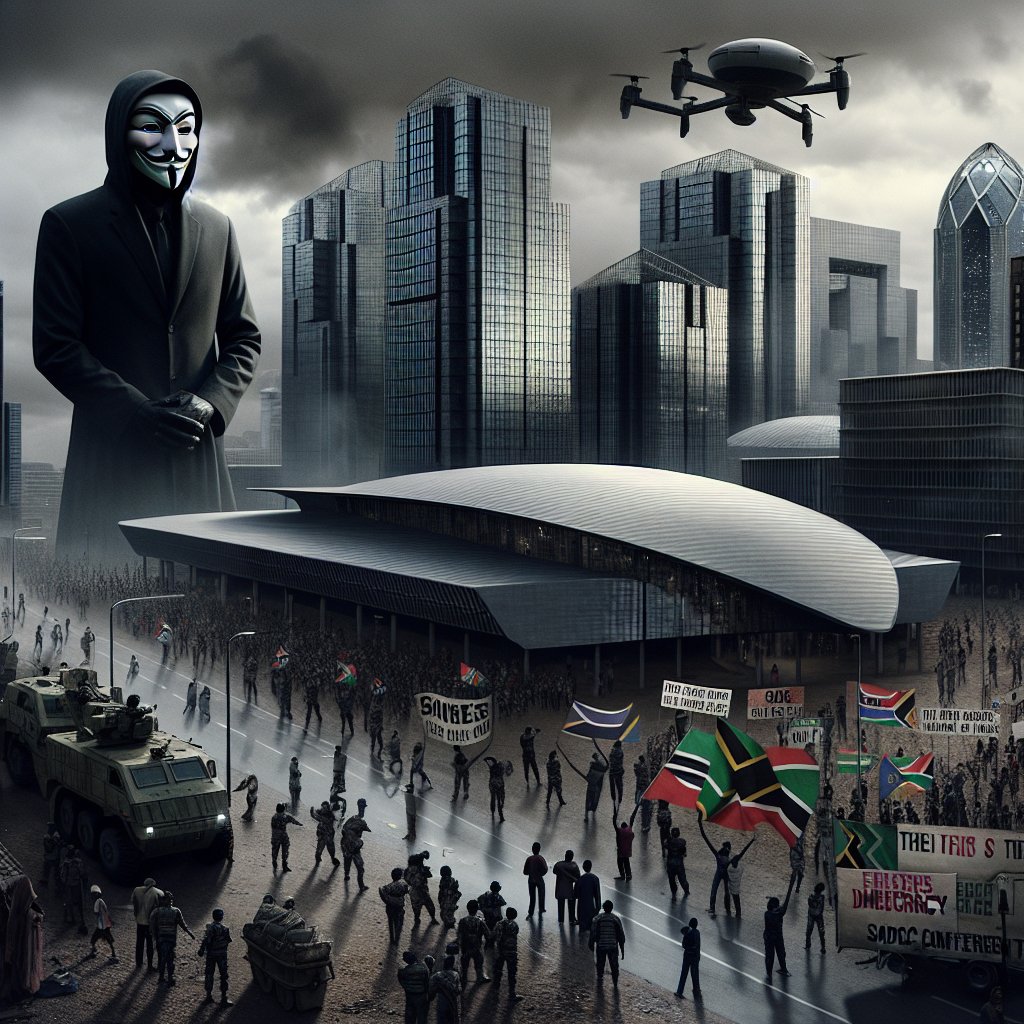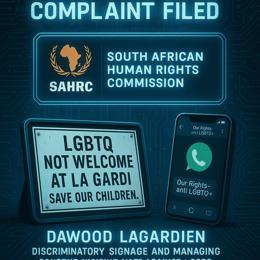Image created by AI
Activist Concerns Elevated as Zimbabwe Prepares for SADC Summit Amid Crackdown
Zimbabwean pro-democracy activists are enduring a surge in government-led oppression in the run-up to the eagerly awaited Southern African Development Community (SADC) summit. The stark situation juxtaposes President Emmerson Mnangagwa's looming SADC leadership against the country's deteriorating human rights records.
The Crisis in Zimbabwe Coalition (CiZC) recently suffered an ominous encounter when masked assailants attempted to infiltrate their Harare headquarters, prompting staff to seek refuge. This event aligns tragically with other incidents involving intimidation and violence against those opposing Zimbabwe’s government or advocating democratic reforms.
In the last few months, the authorities have arrested about 160 people, including high-profile opposition members. Allegations of the police employing brute force and inflicting psychological torment have surfaced, raising red flags among international rights groups. Amnesty International and others have called attention to the aberrant assault on civil liberties, like peaceful assembly and free speech, under the increasingly militarized Zimbabwean law enforcement.
The tension amplifies as Zimbabwe is set to chair the SADC for the first time in a decade. Despite activists voicing concerns for safety and advocating for intervention, SADC has remained largely silent on these matters. This silence exacerbates fears that the regional bloc’s passivity may inadvertently condone the government's tactics.
Zimbabwe's tight rein over the civic engagement domain signals a broader climate of fear, with Mnangagwa's regime facing accusations of parallelism to Robert Mugabe’s notorious rule. Mnangagwa's narrative as a reformist during his ascension to power falls flat against the reality of entrenched systemic repression. The Patriotic Bill, with sizable penalties for "damaging national interest," has become a poignant example of legislation constraining opposition voices.
SADC’s inaction has highlighted discrepancies in regional diplomacy, particularly with South Africa, which has notably remained reserved in publically condemning these violations next door. Observers find this approach contradictory to South Africa's vocal human rights advocacy on global platforms, hinting at political expediency over principled foreign policy.
It's suggested that SADC leverage its influence to usher Zimbabwe toward alignment with the bloc’s democratic principles. By initiating dialogues and pressuring reforms, member states could potentially catalyze a shift towards fuller conformity with SADC’s standards. Yet, the question remains if regional leaders are prepared to adopt this more assertive stance.
As Harare prepares to welcome the regional leaders for the summit, the legacy of governmental overreach casts a pall. With fears of escalating post-summit repressions, civil society groups remain apprehensive, ready for potential replications of past abuses as political tensions simmer beneath the surface.










